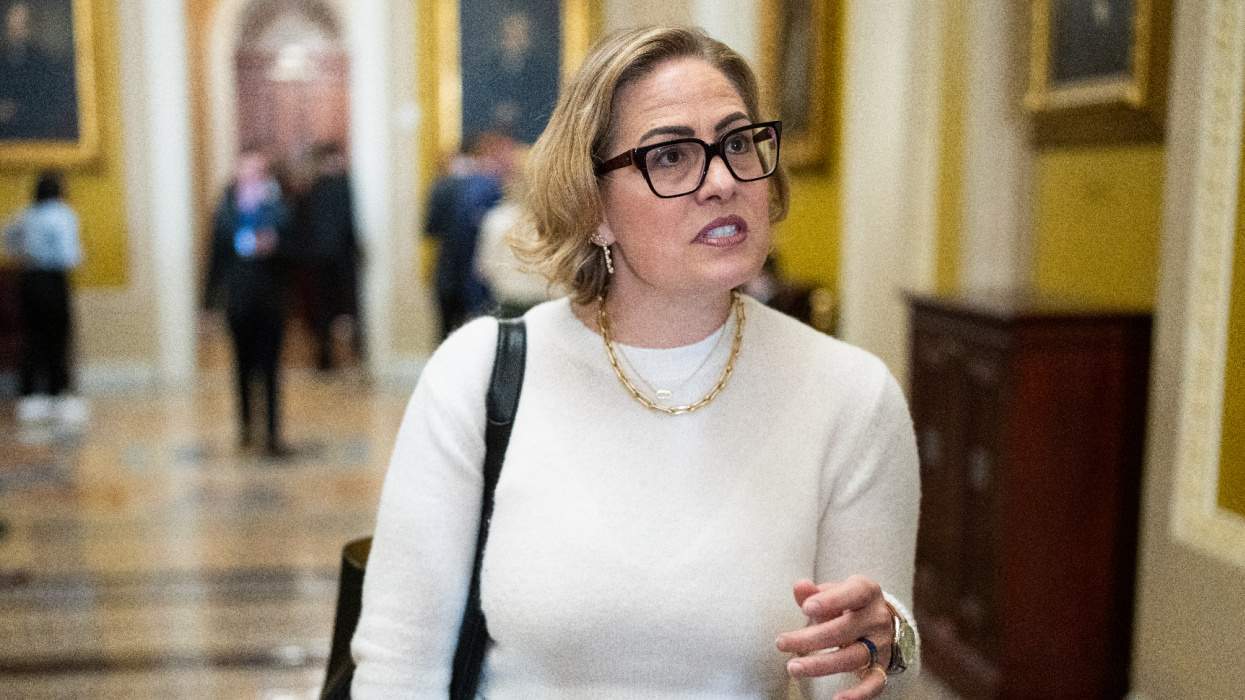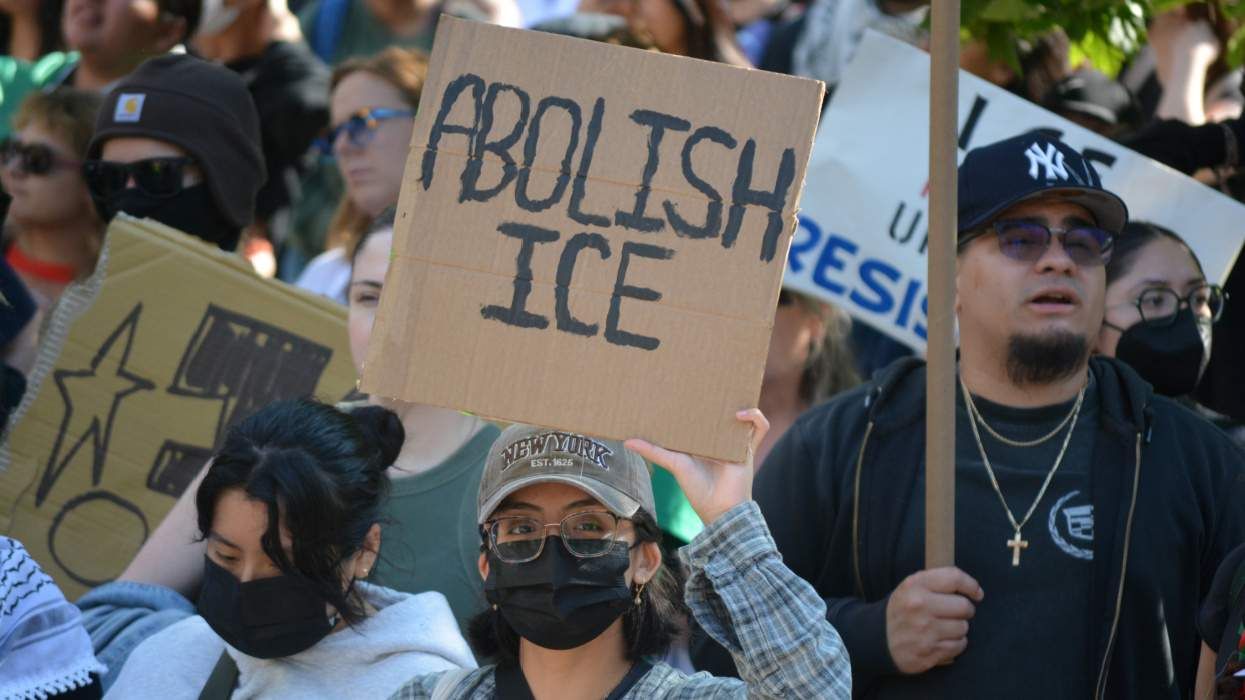While women's lives have improved drastically since Congress passed a 1971 resolution designating August 26 as Women's Equality Day, we still have a long way to go.
There is perhaps no better way to celebrate Women's Equality Day than by learning about five issues that women continue to struggle with.
1. Disparities in Pay:
According to the White House:
Despite passage of the Equal Pay Act of 1963, which requires that men and women in the same work place be given equal pay for equal work, the "gender gap" in pay persists. In 2014, the typical woman working full-time all year in the United States earned only 79 percent of what the typical man earned working full-time all year. Phrased differently, she earned 79 cents for every dollar that he earned. The pay gap is even greater for African-American and Latina women, with African-American women earning 64 cents and Latina women earning 56 cents for every dollar earned by a white non-Hispanic man. Decades of research shows that no matter how you evaluate the data, there remains a pay gap -- even after factoring in the kind of work people do, or qualifications such as education and experience -- and there is good evidence that discrimination contributes to the persistent pay disparity between men and women. In other words, pay discrimination is a real and persistent problem that continues to shortchange American women and their families.
Women also are still discriminated against when it comes to hiring and in other ways, according to this study by Elle magazine and the Center for American Progress.
Even children have frightening opinions about women in the workforce:
2. Lack of Paid Family Leave:
Women often face greater caregiving responsibilities, with six in 10 caregivers being female, according to a 2015 study by AARP. In addition, LGBT people make up 9 percent of caregivers, according to the study. Women are more likely to leave the workforce to be caregivers, often losing years of income, eventually limiting Social Security benefits.
According to the U.S. Department of Labor, "Only 12 percent of U.S. private sector workers have access to paid family leave through their employer."
From the Labor Department:
Too many Americans cannot share in the nation's prosperity because they lack the basic supports they need to balance the demands of work and family. Strong paid family and medical leave policies can help working families take time off for caregiving responsibilities, as well as their own medical needs, without putting their economic security at risk. In addition, research has shown that paid family and medical leave policies have significant positive benefits for working families, employers, and the economy.
3. Violence Against Women:
According to the World Health Organization, "Global prevalence figures indicate that about 1 in 3 (35 percent) of women worldwide have experienced either physical and/or sexual intimate partner violence or non-partner sexual violence in their lifetime." The majority of this violence is intimate partner violence. Global figures indicate almost one-third of women who have been in relationships report being victims of some form of physical or sexual violence at the hands of romantic partners.
4. Women Are Overcharged:
The New York City Department of Consumer Affairs released a study in 2015 indicating that items such as clothes and toys marketed to females were priced higher than similar items marketed to males at least 42 percent of the time. This means that in addition to often being paid less, women are forced to spend more on basic necessities.
5. Access to Reproductive Health Care Is Challenging:
"According to the Guttmacher Institute, the average cost of a full year's worth of birth control pills is the equivalent of 51 hours of work for someone making the federal minimum wage of $7.25 and the up-front costs of the IUD, one of the most effective birth control methods, is nearly a month's salary for a woman working full-time at minimum wage," the National Women's Law Center Reported.
Access to safe abortion providers is also difficult in many areas. Many clinics are closing. In several states, including Wyoming, Mississippi, Missouri, North Dakota, and South Dakota, just one provider remains, Bloomberg reports.
When women want to have children but face fertility barriers, treatment can be expensive. "One cycle of in-vitro fertilization can cost between $15,000 to $25,000. For a low-wage worker making $10.10 or less, with at most an annual salary of $20,200, the cost for these services is prohibitive," according to the National Women's Law Center. Only 15 states require insurance companies to cover fertility treatments, and one of those states, New Jersey, places additional barriers on lesbians and single women, requiring that they prove infertility by having unprotected sex with a man for a period of time. Several states that cover infertility drugs also stipulate that a husband's sperm must be used in conception or that the patient must be married.
While these challenges remain daunting, there has never been a better time to be a woman in the United States. Our president came out as a feminist. A woman has been nominated to run for president by a major party for the first time in American history, and the trajectory of women's lives is no longer set in stone as it once was. Women wear pants and drive cars and work construction. We are married and unmarried, both with and without children.
As the internet increasingly becomes a global forum, women may also break barriers when it comes to speaking up, even if only anonymously. The democratization of information brought forth by the internet has and will continue to allow great things to happen for women as we continue to obtain information that was previously inaccessible.














